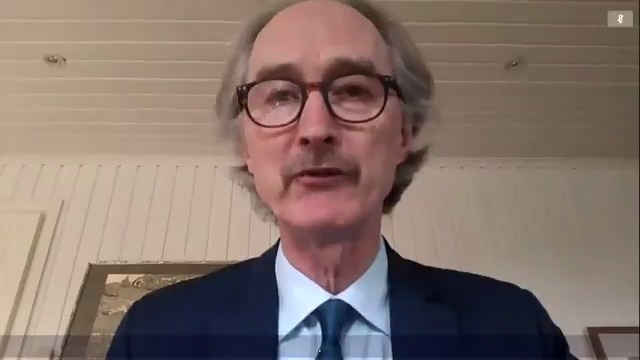UN leads bid to help 135 countries get vital COVID-19 medical kit, amid severe global shortages

A major UN-led initiative is under way to secure supplies of key medical equipment for 135 low to medium-income countries facing down the COVID-19 pandemic, the World Health Organization (WHO) said on Tuesday.
The COVID-19 taskforce initiative follows a direct request to WHO from UN Secretary-General António Guterres to coordinate the Organization’s response to the new coronavirus.
Demand 200 times greater than normal
Coronavirus Portal & News Updates
Readers can find information and guidance on the outbreak of the novel coronavirus (2019-nCoV) from the UN, World Health Organization and UN agencies here.For daily news updates from UN News, click here.
It comes amid unprecedented global shortages of critical supplies, skyrocketing prices and export bans, said Paul Molinaro, Chief, Operations Support and Logistics, WHO Health Emergencies Programme.
“The demand has obviously increased in those markets 100 or 200 times normal demand”, he told journalists via video conference. “On the supply side we saw a lot of shutdowns in manufacturing, we saw a lot of export controls, we saw the international air transport system on which we’re quite dependent for the movement of cargo, gradually shut down, so we’re at the point where we need to look for solutions to this.”
As part of the collective effort by the UN and public and private partners, a dedicated “COVID-19 Supply Portal” is set to launch within days, offering countries the opportunity to submit supply requests via a single platform.
This will enable the humanitarian supply chain system “to plan and coordinate allocation of critical supplies” to those 135 countries deemed to be most vulnerable, WHO said in a statement: “We need to streamline demand at country level to really look at the highest priority and to try and get the numbers to something manageable and coordinated,” Mr Molinaro said, highlighting the first of the initiative’s four priorities.
“Step two is collaborative procurement amongst ourselves in the UN and some of our key partners in approaching the market together. This gives us a bigger voice, particularly in a constrained market with a lot of intense competition”, he added.
“The third part is allocation process based on vulnerabilities and gaps and on critical needs. And then the fourth step – in light of difficulties with transportation – is to create a unified transport system, and this is something our partners are currently doing, particularly WFP.”
Focus moves to weaker health systems
After raising the alarm earlier this year about the health threat posed by the new coronavirus that emerged in central China in December, the WHO announced that it was stepping up support to countries with beleaguered public health systems.









